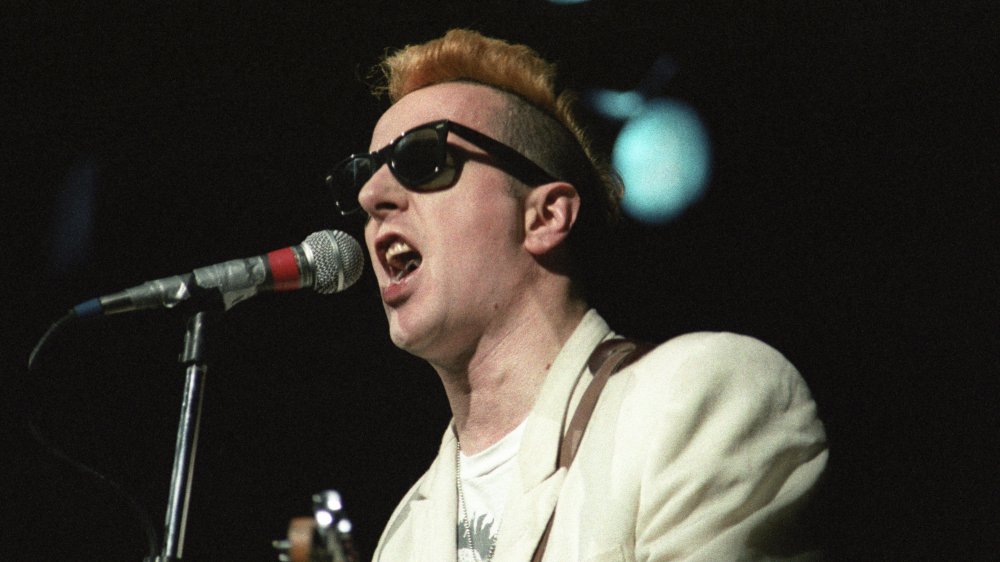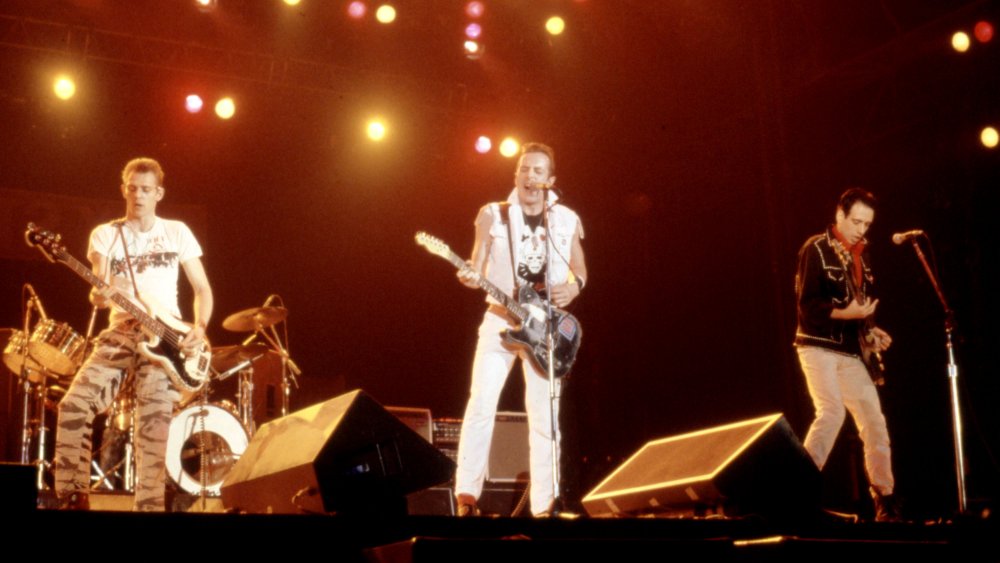The Real Reason The Clash Disbanded
In 1986, The Clash definitely ended in whimper. Thirteen years afterwards, Joe Strummer, their lead singer and rhythm guitarist, would give various interpretations regarding what happened to the band. "When The Clash collapsed," he explained, "we were tired." Basically, he felt that after burning bright for five years straight, they were now burnt out. There were no more ideas. And, as he added in a typical Strummer manner, "I wanted to shut up and let someone else have a go at it."
Later that year, further reasons occurred to him. "I don't know whether I could have hacked it," Joe Strummer reflected in an interview with Louder. "One of the reasons The Clash broke up was we saw what The Who were like at the end of their tether. It's a bad scene. You very quickly turn into nothing." The Clash, the band lauded as "The only band that matters", was very much more of an idea than a monetary enterprise, at least for Strummer. When talking about a multi-million reunion offer from Perry Farrell, Strummer shrugged "you can't put something together for money that was originally for an idea. We could probably knock up a few gigs but it's not going to do anything for the world, is it?"
So, naturally without the feeling that The Clash was doing something — and doing something important at that — they drifted apart. They didn't want to be like The Who, constantly coasting on an aged reputation.
The Clash cuts the philosophy
Those reasons, however, play on an abstract idea of what The Clash was ... when, in truth, by their final disbandment in 1986, the band had been trickling down to an end for a few years already. They had already lost both Topper Headon, their drummer, and Mick Jones, the lead guitarist and originator of the band. Topper was in the grips of addiction, admitting in The Clash: Strummer, Jones, Simonon, Headon that, "I was a liability to the band." Jones, meanwhile, was dismissed because of his lack of punctuality, though there was also quite a bit of in-fighting between him and Bernie Rhodes, the manager.
Strummer would lament later that "[The Clash] was limping to its death from the minute Topper got sacked." Topper's take was that "The four of us gelled into something that became The Clash. Individually, none of us were as good as we had been as a four-piece band." There's a reason why people, even fans of The Clash, tend to picture their end with Combat Rock, not Cut the Crap.
Looking back, however, they regretted nothing. As Mick Jones put it, in an interview with Rolling Stone: "We were never in agreement. That's why we never got back together in the first place. It was never at a point where all of us wanted to do it at the same time. Most importantly for us, we became friends again after the group broke up, and continued that way for the rest of the time. That was more important to us than the band."

